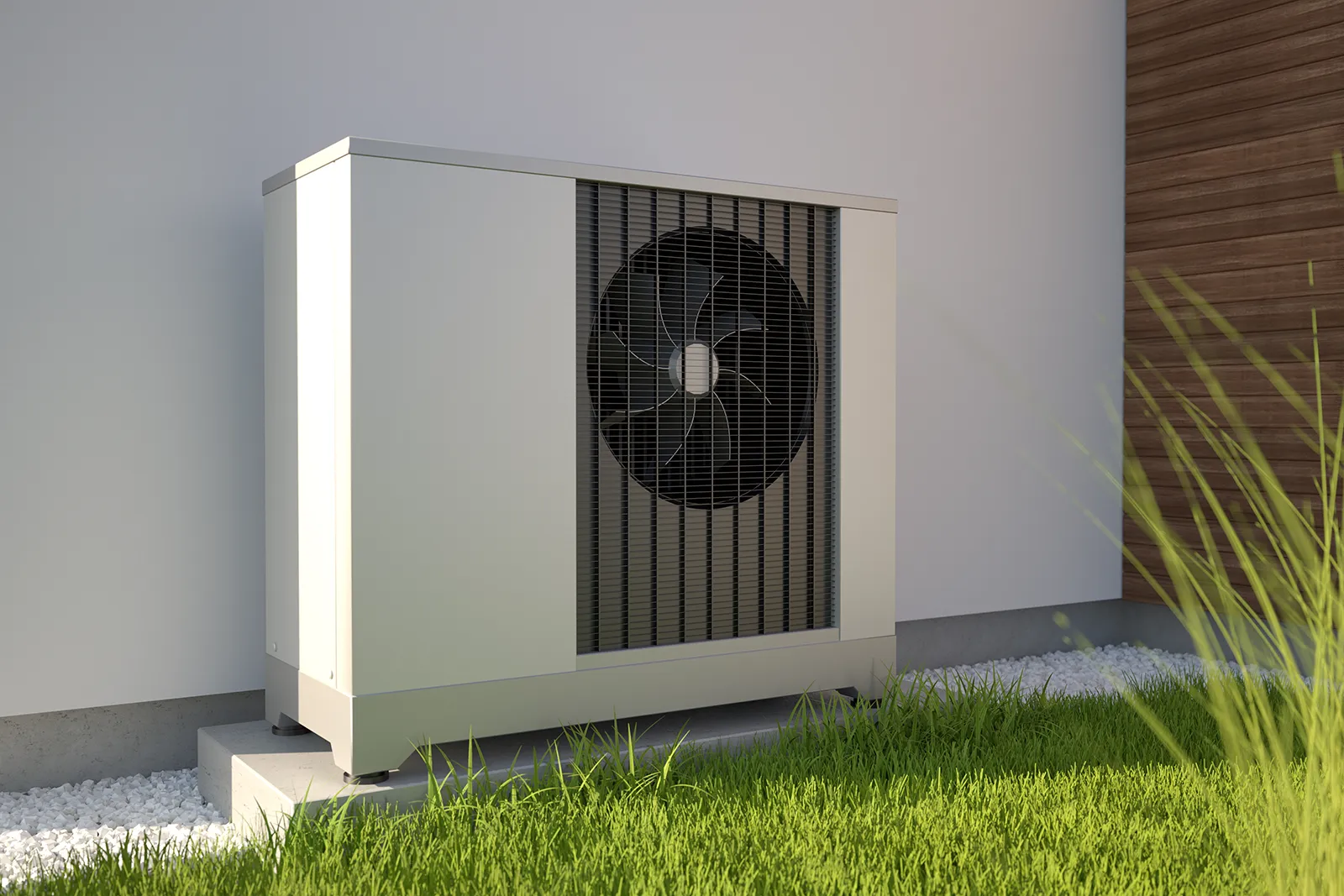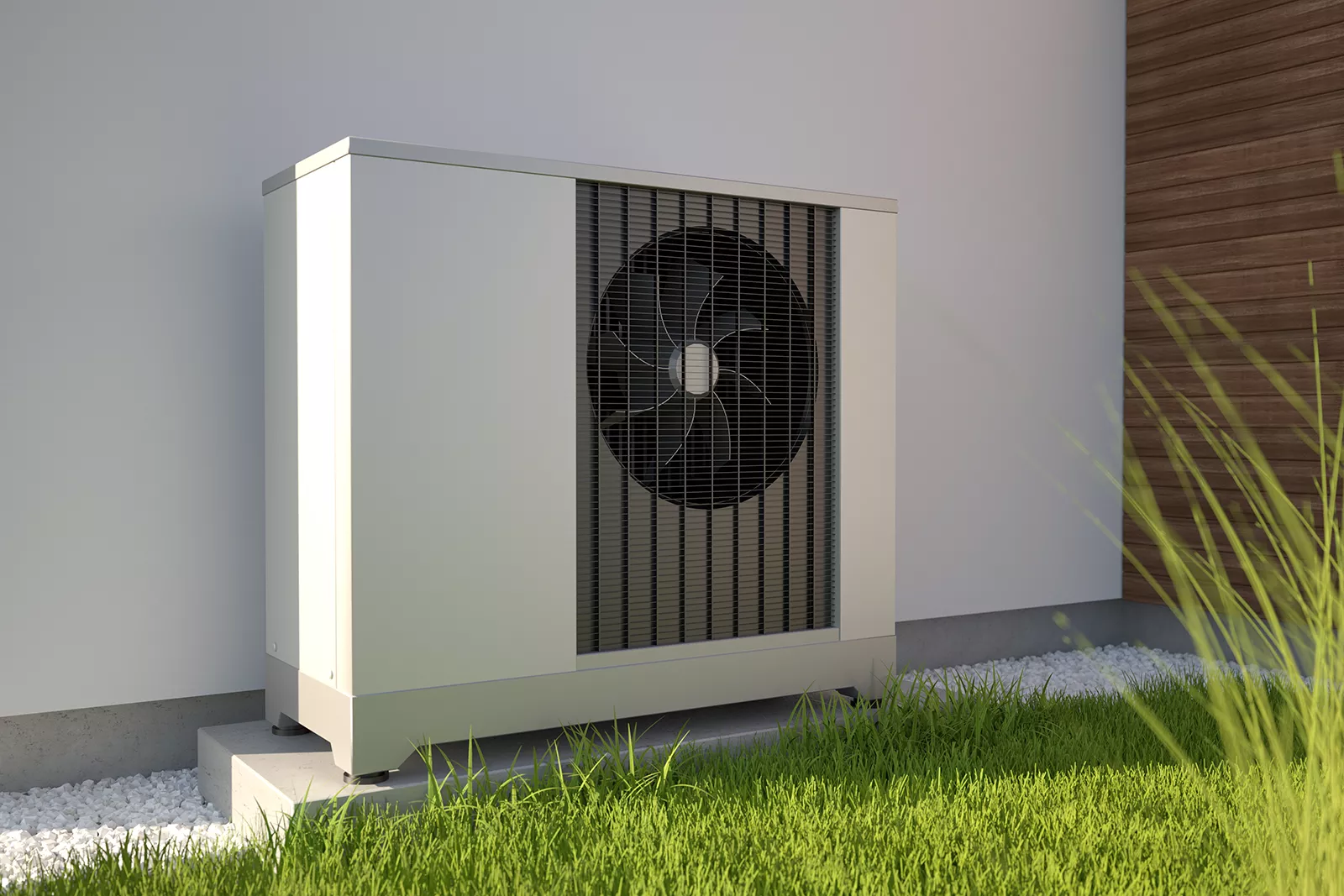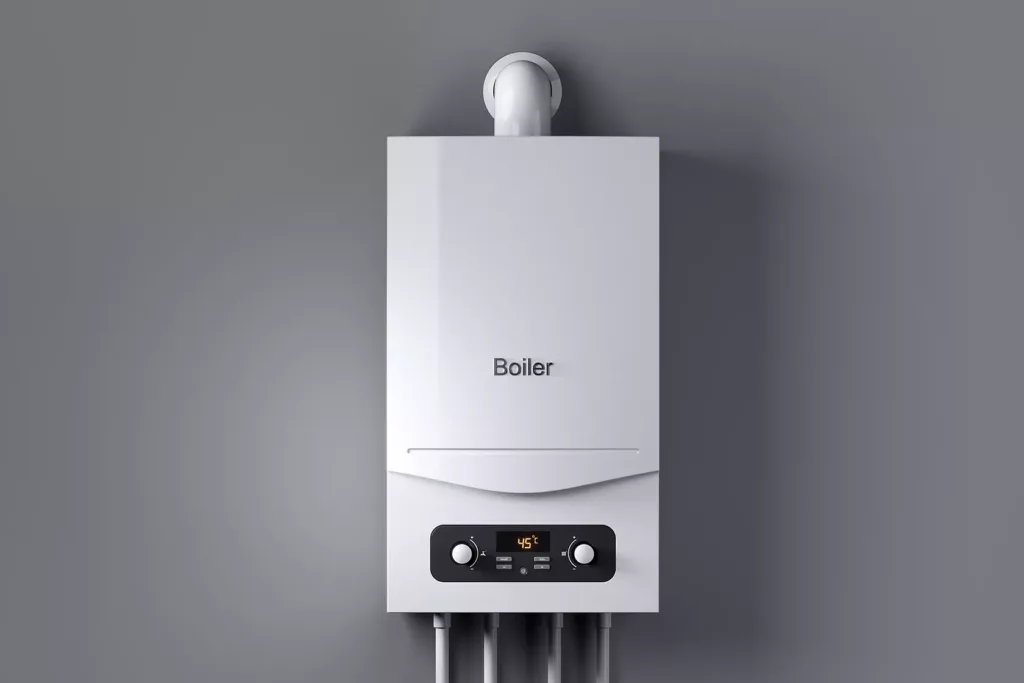
In 2024, our collective awareness of renewable technologies has significantly heightened, leading to a stronger commitment to their integration through increased investment and adjustments in lifestyle and work practices. Whether in residential or commercial settings, our responsibility to provide essential services such as heat and hot water underscores the profound impact our choices can have on health, well-being, carbon footprint, and financial stability.
Renewable solutions are increasingly being embraced to tackle these challenges. With the advent of more dependable systems and improved performance metrics, we’re empowered to make prudent investments yielding substantial benefits. Among these, the air source heat pump stands out as a prime example, offering a reliable and efficient alternative to traditional gas boilers.
What exactly is an air source heat pump?
An air source heat pump operates by harnessing ambient air and converting it into a water source for heating purposes, often referred to as an air-to-water-source heat pump. Essentially, it transfers outdoor air into a fluid, which then heats water for both space heating and hot water needs via a cylinder tank.
Typically configured as split systems, air source heat pumps feature an outdoor main unit with ample surrounding space for unrestricted airflow. Pipework channels the heated fluid indoors, where the actual heat exchange occurs, minimising heat loss and reducing system workload.
How does it work?
Conceptually similar to a refrigerator but operating in reverse, an air source heat pump functions through the following steps:
1. Outdoor air is drawn into the heat pump unit positioned outside the property.
2. The air passes through a network of tubes containing refrigerant gases.
3. Through compression, the gas temperature rises, transforming it into a hot fluid.
4. This heated fluid traverses a heat exchanger, further elevating the temperature.
5. The heat exchanger transfers the heat to the water stored in the cylinder tank.
6. The refrigerant fluid returns to its gaseous state, ready to restart the cycle.
What are the advantages?
1. Energy efficiency: Air source heat pumps boast around 300% higher efficiency compared to traditional gas boilers.
2. All-weather performance: They operate effectively regardless of weather conditions, including freezing winters.
3. Reduced noise: Unlike noisy gas boilers, air source heat pumps emit noise akin to a standard fridge, thanks to their internal valves and pumps.
4. Even heat distribution: Delivering a gentle, consistent heat over extended periods, they offer enhanced comfort and energy savings compared to gas boilers.
Considering an air source heat pump installation? Reach out to Emergency-cover.com today. Our team of experts can tailor a solution to your specific energy needs, ensuring optimal performance and renewable energy benefits tailored to your requirements.





